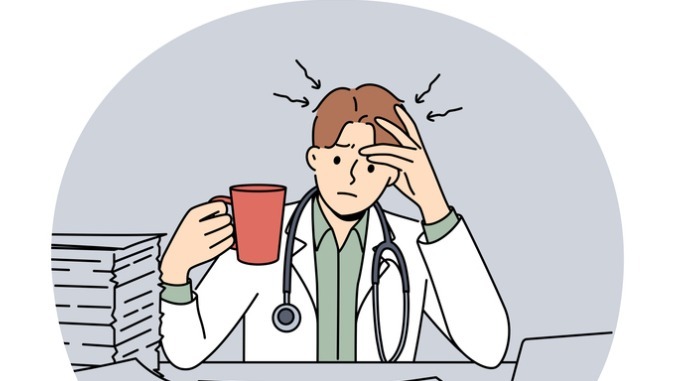
Senior NHS sources are raising concerns that the government’s repeated use of negative rhetoric, including calling the NHS “broken” and labelling cancer a “death sentence,” could discourage patients from seeking care and damage staff morale
There is growing unease within the NHS about the government’s “broken” messaging, with senior sources in the health service saying they believe some of the claims have gone too far – and may result in patients being put off seeking help and causing lasting damage to staff morale.
When Wes Streeting was made health secretary in England, he declared the NHS “broken” – a phrase he and others in government have used repeatedly since.
That has been followed up recently with claims cancer is a “death sentence” because of NHS failings, while maternity services “shame” the nation. But the government said it was important “to be honest” about the scale of the challenge. The revelations come ahead of Mr Streeting addressing the Labour Party conference in Liverpool later.
Similar views are being expressed privately at NHS England. Sources there said officials had made the government aware of its concerns about the messaging and is monitoring the impact it is having on patients coming forward for check-ups and appointments.
“We are not seeing anything in the figures to suggest it’s having an impact, but we are keeping a close eye on it,” one source said.
Another hospital leader said: “If the government isn’t careful, it will cause lasting damage. Yes, we know there are many problems, but there is also lots of great care out there that is not being recognised. We need to see a shift – the cancer death sentence phrasing strikes completely the wrong tone.”
The death sentence claim was made in a written response from government to a story covered by the BBC last week about the variation in waiting times by different cancers, and in the House of Commons by Streeting on 12 September, the day Lord Ara Darzi published his report into the state of the NHS.
In both cases, it was suggested Lord Darzi’s report found cancer was “more likely to be a death sentence for NHS patients than those in other countries”.
Lord Darzi did not use the phrase death sentence in his report, although he did point out the UK had higher cancer mortality rates.
Sir Julian Hartley, of NHS Providers, which represents health leaders, said it was important to recognise what the NHS was doing well and the efforts of staff who were working “flat out”.
“There’s a lot to be proud of despite ongoing concerns and difficulties,” he added.



Be the first to comment